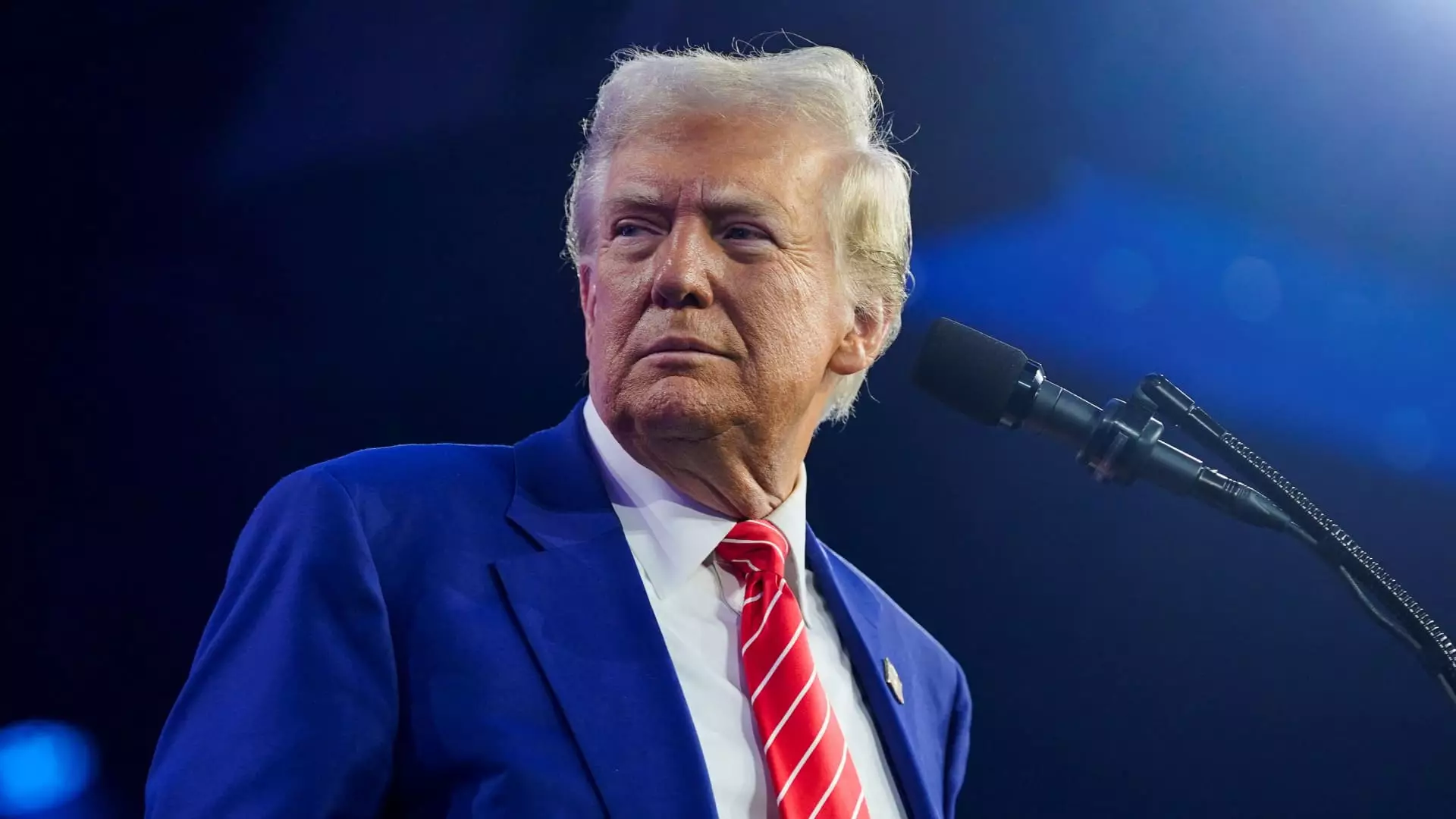The intersection of technology and politics has never been more pronounced than in the current landscape, where the lines are increasingly blurred. The incoming administration of President-elect Donald Trump is emblematic of this shift, as he continues to not only embrace but also actively recruit key figures from the tech industry. This trend raises vital questions about governance, the role of big tech in shaping policy, and the implications for democratic processes.
In what many are interpreting as a strategic move to bolster his administration’s efficiency, Trump has nominated high-profile tech leaders to significant government positions. One noteworthy selection is Scott Kupor, a managing partner at the esteemed venture capital firm Andreessen Horowitz, for the role of Director of the Office of Personnel Management (OPM). This agency is crucial in managing government recruitment and employee resources, which creates a pivotal role for Kupor in restructuring and modernizing government operations. His close ties with tech magnates, particularly Elon Musk and Vivek Ramaswamy, highlight a collaborative intent toward optimizing bureaucracy.
Adding further to this tech-centric cabinet, Trump has appointed Sriram Krishnan as a senior policy advisor on artificial intelligence at the White House Office of Science and Technology Policy. Krishnan brings an extensive background in technology, having worked with notable companies like Microsoft and Meta. His association with Musk, especially during the tumultuous period following Musk’s acquisition of the platform X (formerly known as Twitter), indicates a trend where key figures from the tech landscape will directly influence high-stakes policy discussions. With Musk’s enterprises ranging from electric vehicles at Tesla to space exploration with SpaceX, Krishnan’s position allows for a direct conduit to one of America’s most influential innovators.
While these appointments may be lauded within the tech community for their familiarity with contemporary advancements, they also raise significant concerns regarding the influence of the tech industry on public policy. Critics argue that the increasing presence of tech executives in government could lead to policies that prioritize corporate interests over the public good. Elon Musk’s notable friendship with Trump has sparked unease among Democrats and various global leaders, who fear a concentration of power could skew governance in favor of tech moguls, undermining traditional democratic checks and balances.
The appointment of David Sacks, a seasoned venture capitalist and former PayPal COO, as “czar” of crypto and AI further solidifies this technocratic trajectory. Sacks’ role emphasizes a critical aspect of modern governance: the need for regulatory frameworks that can effectively integrate rapidly evolving technologies while ensuring public accountability. As the lines between public and private sectors blur, the question remains whether these tech leaders’ intentions align with broader societal needs or whether they serve parochial interests.
The political landscape has shifted dramatically since Trump’s first term, as evident from the endorsements now pouring in from major tech companies. Notably, giants like Amazon, Meta, and OpenAI have pledged monetary support for Trump’s inaugural committee. This shift illustrates an evolving relationship between Silicon Valley and the White House, previously characterized by contention. The 2024 election period has seen a series of tech executives visiting Trump’s Mar-a-Lago estate, signaling a collaborative spirit that was notably absent during his initial presidency.
The implications of these endorsements extend beyond mere financial backing. With tech executives openly engaging with political leaders, there is a potential for reforms in policies regarding data privacy, digital monopolies, and emerging technologies. Whether these engagements foster a positive impact on public policy will depend on how these leaders navigate their dual roles as tech magnates and public servants.
As Trump’s administration takes shape, the prominent presence of technology leaders in governmental roles poses both opportunities and challenges. The convergence of these worlds necessitates a new understanding of governance in the 21st century, where technological advancements demand thoughtful regulation and oversight. The growing influence of figures like Musk and Krishnan represents a defining moment that could determine the future of governance in an era increasingly dominated by technological transformation. As the public watches how these dynamics unfold, the hope remains that the balance between innovation and accountability will guide the administration’s directives.

